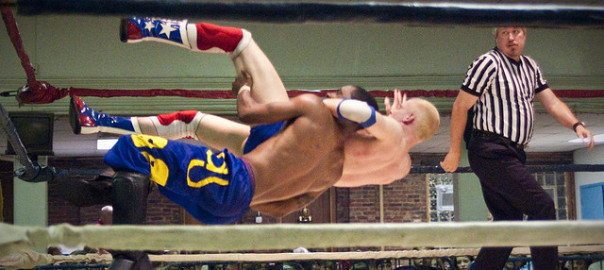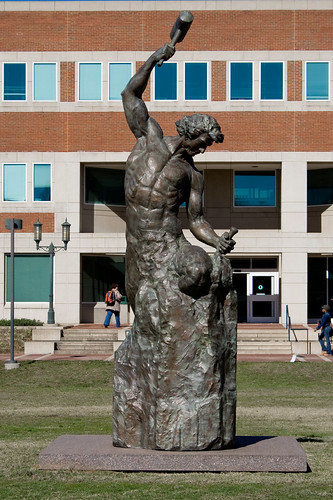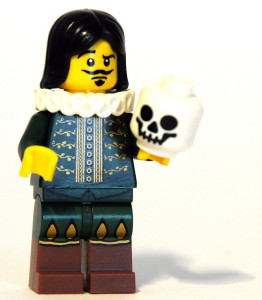In 2012, Wreck-It Ralph joined The Incredibles[1] as an animated film that deals with those most adult of themes: vocation, work, and the meaning of life. Where The Incredibles deals with one’s choice of work and the freedom to use one’s gifts, Wreck-It Ralph deals with the complex relationships between image, identity, and vocation .
Wreck-It Ralph is a video game villain who spends his days destroying an apartment building that is then relentlessly rebuilt by the game’s hero, Fix-It Felix Jr. Ralph feels trapped in his role and longs for something more. In the brilliant opening scene, Ralph attends a meeting of Bad-Anon, a support group for video game bad guys. Attempting to help Ralph see himself in a better light, a zombie tells him, “Good, bad — only labels.”
Work Identity and Self Identity
This might sound like a position of moral relativism, but none of these “villains” are truly bad in a moral sense. They’re entertainers, playing a role given to them by the game designers. Being a “bad guy” is best understood as part of the video game kayfabe. Kayfabe is the depiction of staged story lines of professional wrestling, in which some wrestlers are “good” (“faces,” as in “babyfaces”) and some are “bad” (“heels”). They are all actors, not actual heroes or villains. In the ring, two wrestlers may act like die-hard enemies. In reality, they are coworkers in the same wrestling company, perhaps even good friends. Their wrestling personas have been assigned to them by their manager, all as part of the entertainment. Continue reading Work, Identity, and Wreck-It Ralph



